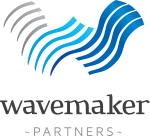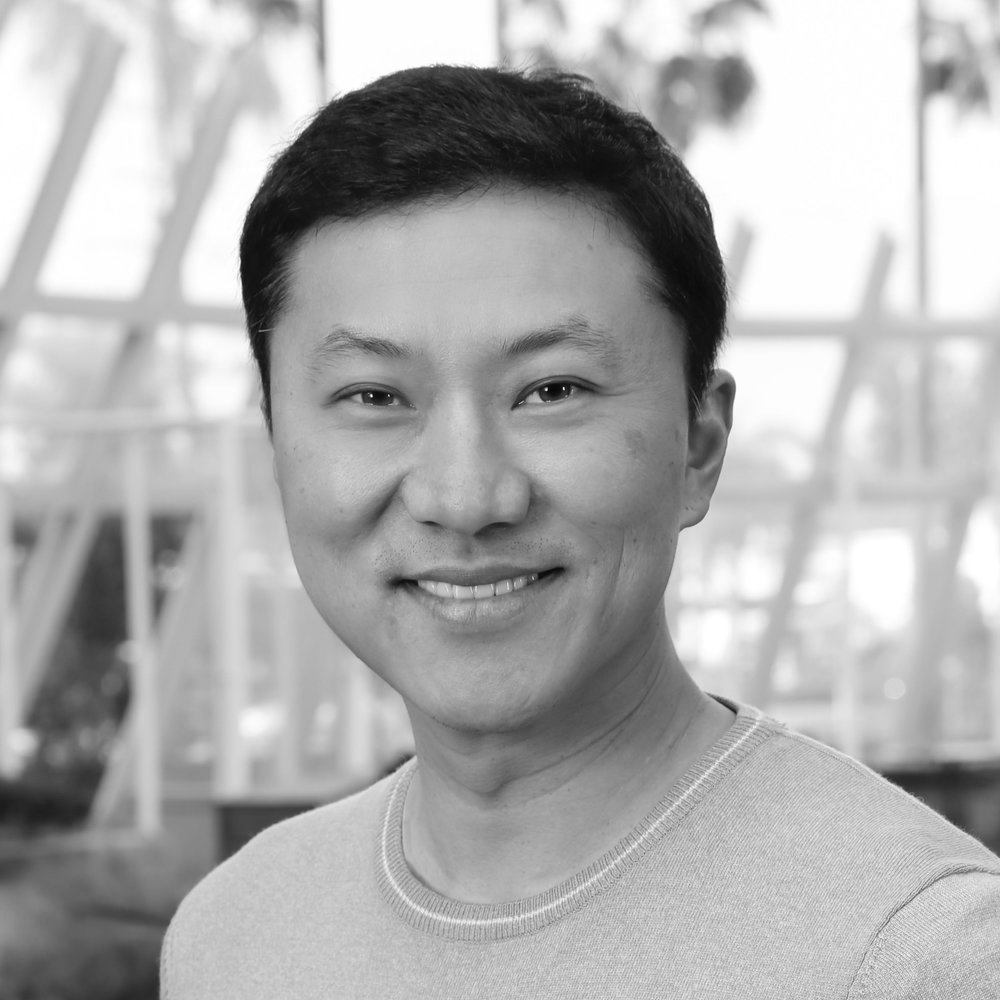Nativo: Learnings From The Largest Native Advertising Marketplace In The World
An interview with Nativo CEO Justin ChoiNativo is the leading advertising technology platform for brand advertisers and open web publishers to distribute, optimize, and measure brand content and native advertising.
Wavemaker was fortunate to back Nativo during its Series A round in 2013. We recently sat down with founder Justin Choi to discuss his founding journey and key insights that are driving Nativo’s success in an ever-competitive advertising world.
What were the key insights that led you to launch Nativo?
Nativo had built a sponsored post automation product ahead of the market giving it a name and calling it a category, which ultimately became native advertising. We really built this tech to enable advertisers to reach consumers on blogs and forum communities and that type of ad format started to get adopted by major publishers. It also happened to be the format the social networks ultimately adopted as they started monetizing their properties. So the real insight was the fact that we identified a technology need very early. As an aside, I think that’s a big part of entrepreneurism in general – it isn’t so much that the entrepreneur goes in with a key insight as much as going in with an insight and identifying the opportunities as they appear.
What challenges and opportunities do you anticipate facing as the ad tech industry experiences industry-wide consolidation?
There are two things. One is an opportunity in that some of the consolidation is really clipping off the noise and perhaps companies that had less differentiated value but contributed to the overall noise of the category, so there is an opportunity for us at Nativo. In a lot of ways, business has gotten easier because companies that really have differentiated value in the space can now more easily stand out. The challenge is that there is a lot of consolidation of power by the tech giants and the challenge is really ensuring that you are continuing to do things that are differentiated and unique to the category in a world where you’re not directly competing with them but you’re in the same category as companies with large amounts of resources. We are doing that here at Nativo but it makes you have to be really sharp and truly differentiated. The days of just existing in the space and being a player in the category are over and a lot of the noise that people attribute to the space a few years ago, where you could show up, not have a lot of differentiation, and scale up your business is impossible to do today.
I’d love to talk about Nativo’s recent acquisition of SimpleReach. As a founder and CEO, can you walk me through your thought process as it relates to build vs. buy?
First, we thought about the strength of the team, second, how the product and business align to what we’re trying to accomplish at Nativo and, third, how strongly did that alignment accelerate our initiative in the category and at what cost. Those are the three vectors that we decided against in terms of build vs. buy. What was attractive to us from a SimpleReach standpoint was the fact the we really inherited a team that had both the DNA and the experience that we thought would really contribute to accelerating our efforts around content and analytics. It’s comparing what we gain in terms of team, tech and business, versus how well that’s aligned to what we’re trying to accomplish and ultimately how much time we save and what’s the cost to do that. We did factor in things based on those variables and secondary factors such as did we feel that an integration was going to be difficult and did we feel that the customer base they had aligned to the customer base we wanted to have, and all of those things happened to check out in this case.
Your first startup was acquired by Glu Mobile. Did the success of that exit have any impact on your approach towards acquiring a company while sitting on the other side of the table?
That’s a good question. The complexity of the other acquisition and dealing with a public company was definitely different, so not everything applied here. I think in terms of making sure the team felt integrated and that there was really strong alignment were the two things we focused on.
The main lesson there was how deeply and quickly we integrated with Glu Mobile. So we really focused on making sure that the team got integrated as a Nativo team as quickly as possible. We saw GlueMobile do that with our team, so that was something that really stuck with me during the transaction.
What have been the advantages and challenges of launching a company in Southern California?
The advantage is that there’s a really robust startup community down here. When I first started in 2009 that wasn’t the case, but today that’s changed. The LA startup scene has grown into something that’s incredibly robust, more so than some people realize. But at the same time, it’s not at this concentrated level like it is in San Francisco where you have retention challenges. There’s a great pool of talent that you can draw from in LA but there’s not so much competition for talent where people are constantly being poached as some of my friends up north seem to have to deal with. Los Angeles is a great place to live, so there are plenty of people who want to move here, especially from the Bay Area increasingly. The location itself is a great recruiting tool.
What are your smartest work-related shortcut and productivity hacks?
Early in my career I resisted getting an assistant. For someone who had never had an assistant, it was almost like a feeling of “we weren’t big enough to warrant me having an assistant” and one of the greatest productivity boosts for me was having a good assistant who you can offload things such as scheduling that I had to deal with prior, so one great productivity hack is having a good assistant by your side who you can offload a big part of things you would otherwise have to handle. As far as a daily productivity hack, learning how to properly delegate. That’s my greatest productivity hack.
What advice do you have for aspiring entrepreneurs?
Don’t forget to enjoy the journey. The entrepreneur’s journey is full of ups and downs and there are a lot of demands on you that could create a lot of pressure and anxiety, even when things are going well. So what’s important to note is that along the way to make sure you celebrate your victories, don’t dwell too much on your failures – just learn from them – and remember that life is bigger than just your company.
Throughout your career you’ve had several co-founders and many investors, What is most important to you when you think of partnerships and who to surround yourself with?
When it comes to any type of collective effort, whether that’s a board or an executive team, I think of a hive mind approach. I think of everyone’s brain almost as different components of one large brain and ask, “Ok, do we have complementary capabilities and different ways of thinking that can work together in order to come to the best decision possible?” You want people who are like-minded in terms of values and goals, but you also want people who are different-minded so that you have different perspectives so you can come to the best business decisions.
What’s next for Nativo?
We believe we’re doing some of the most innovative things in advertising. There are some new technologies that we’ll be taking to market pretty soon that we’re incredibly excited about. What’s next for us is really elevating our role in the industry as a change and innovation agent within the category. We actually think there’s a lot of room for innovation in the space. And we want to be one of the drivers of that change.
Rapid fire:
- Favorite meal in LA? Something different
- What was the last gift you gave someone? Something thoughtful
- What are the three most used apps on your phone? Three M’s – Maps, Messages and Mail
- One word that best describes how you work? Efficient
- You’re a self described “Car Guy” – what’s your dream car? There’s so many. Pagani Zonda
- What’s your favorite vintage car? Mercedes-Benz 300SL Gullwing
- What’s your favorite book? Non-Zero by Robert Wright is one of the most impactful books I’ve read. He’s a famous author but this is one of his books that people don’t know as well.
- What startup are you watching keenly right now? Titan School Systems. My good friend runs it.
- If you could grab a beer with anyone in the world, who would it be? My uncle who raised me and passed many years ago. So I could properly thank him over a beer.



